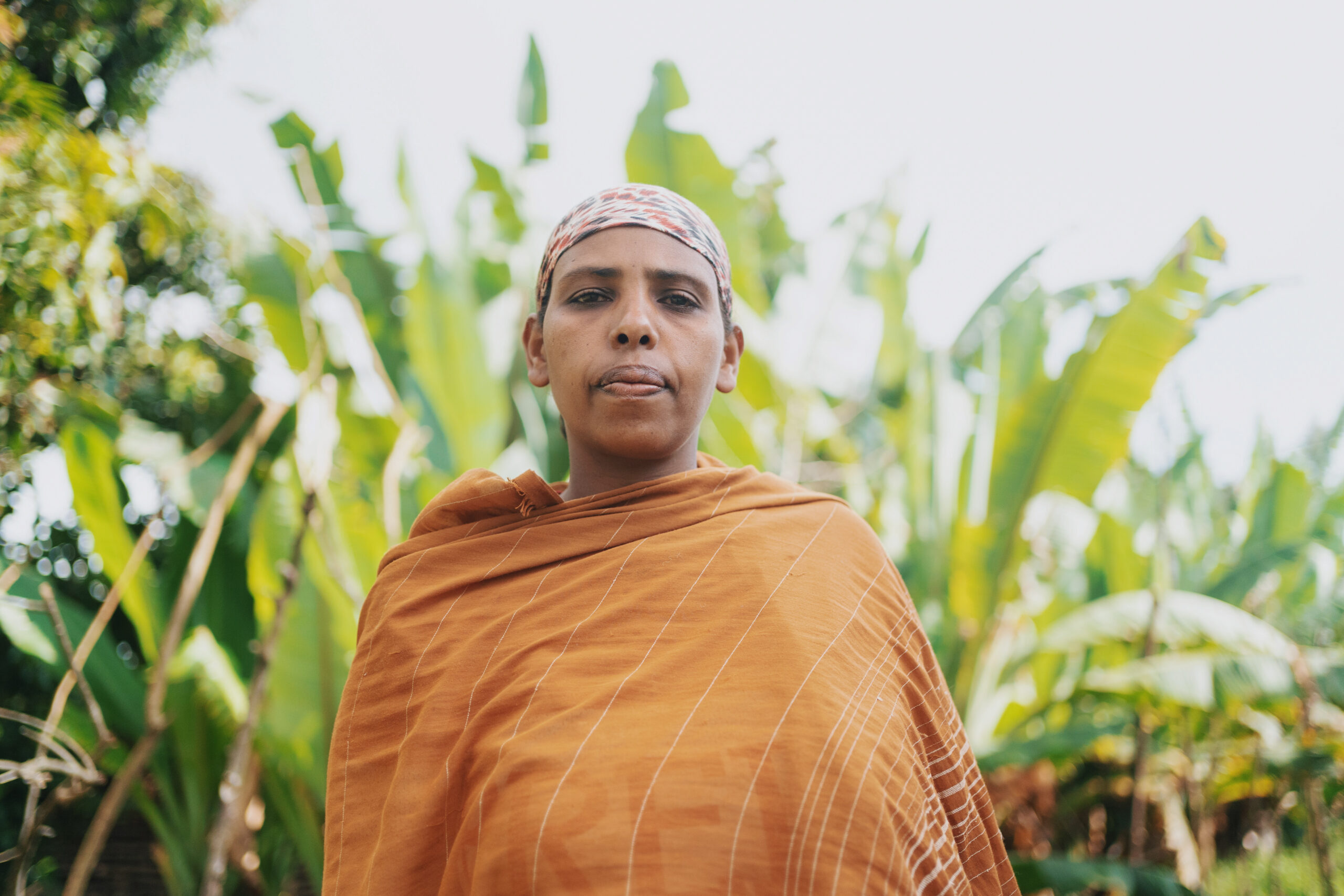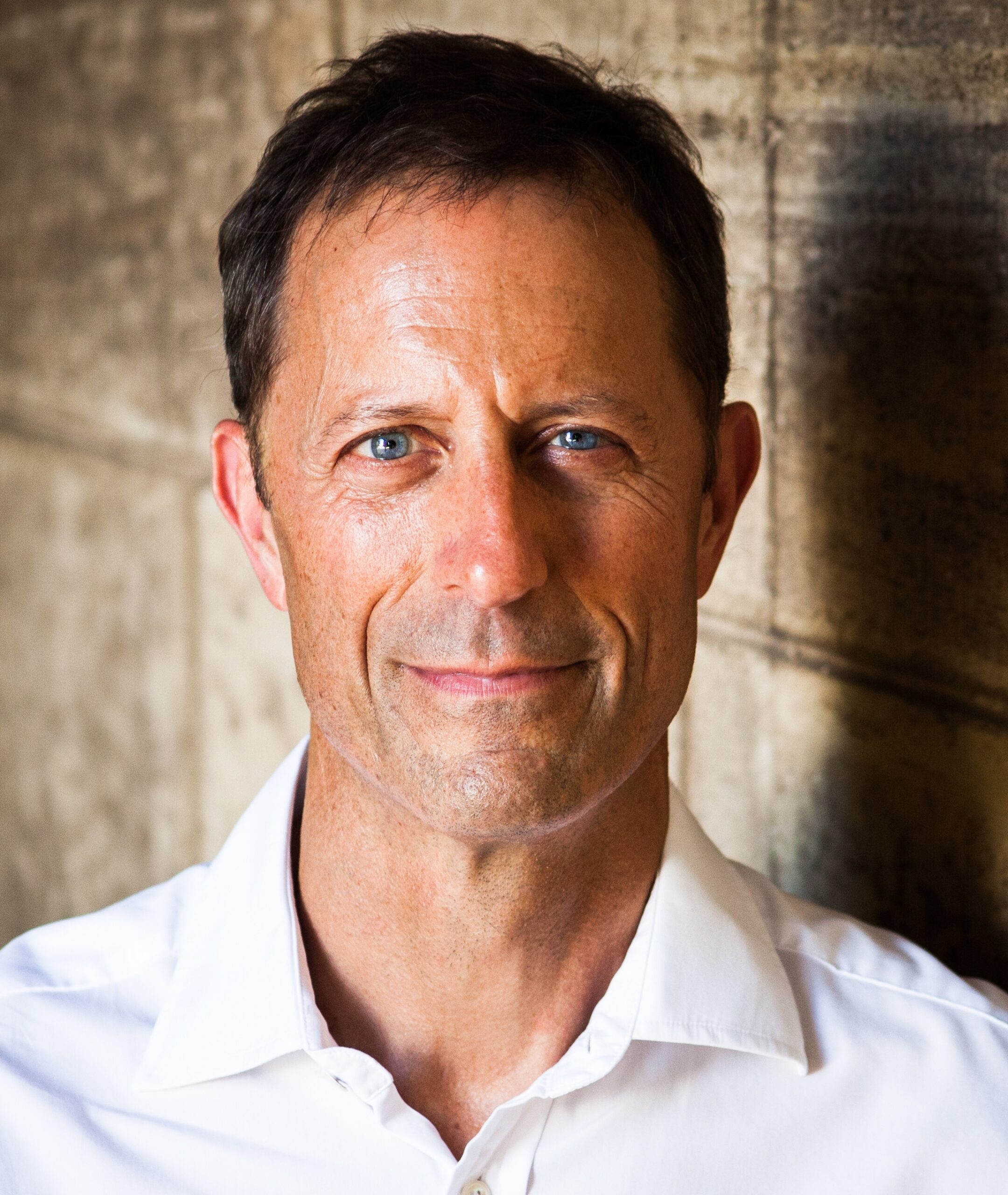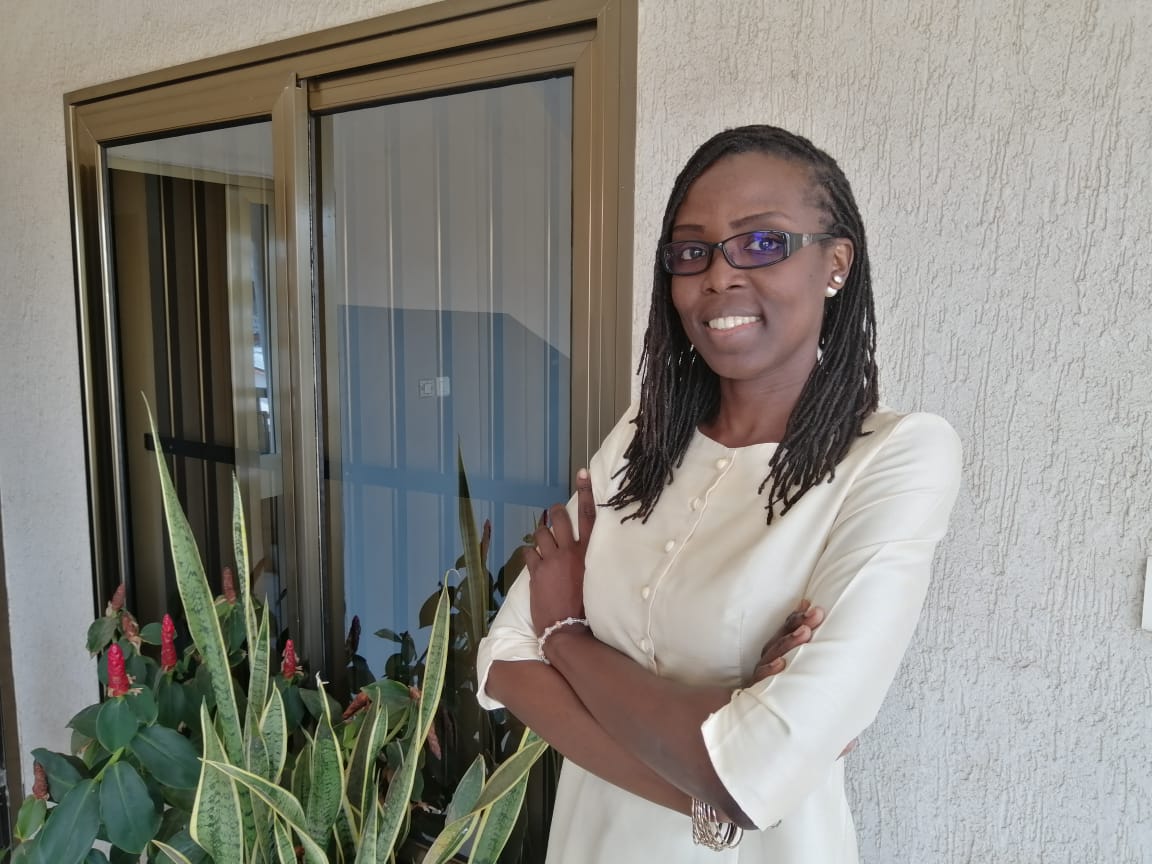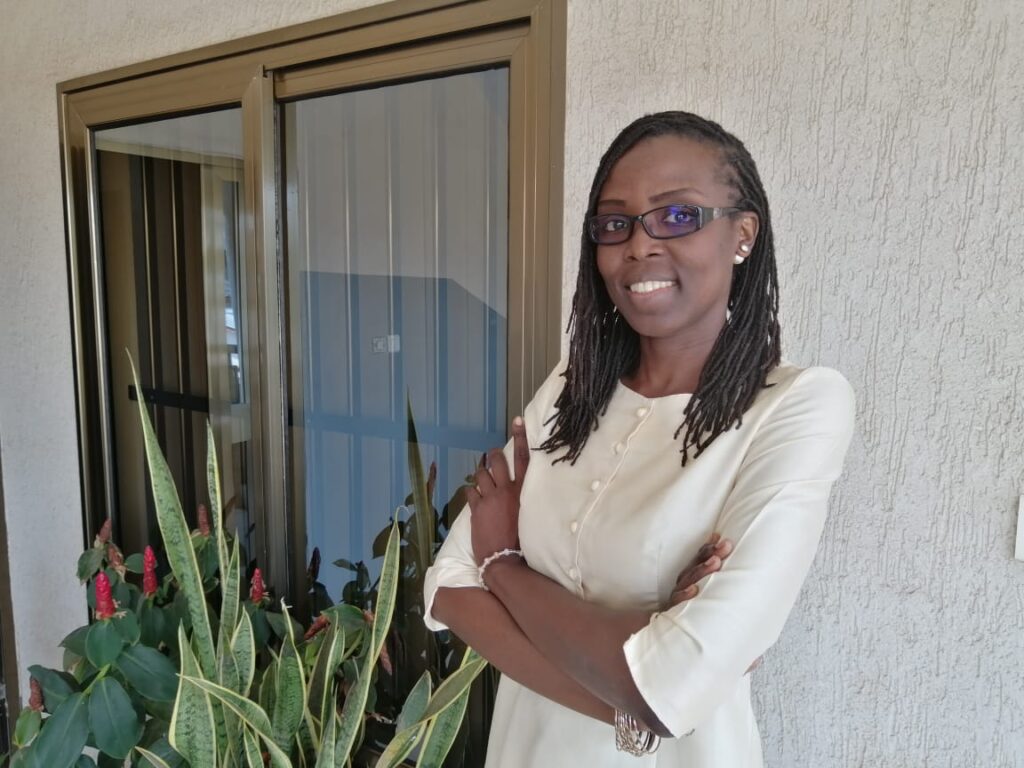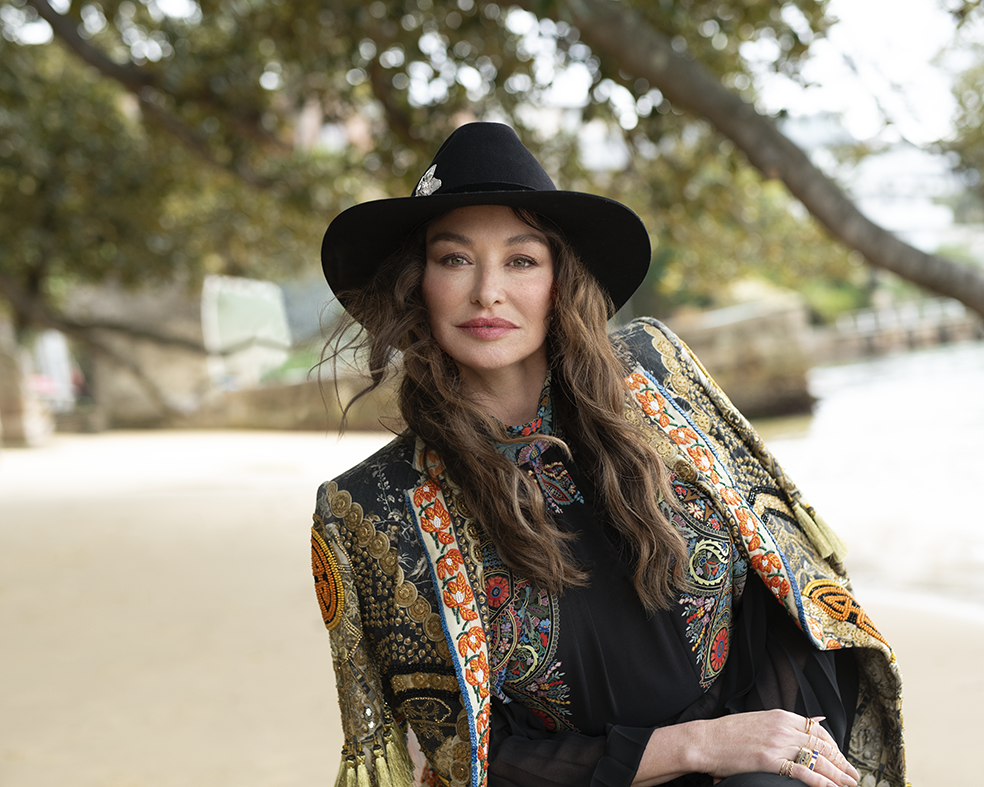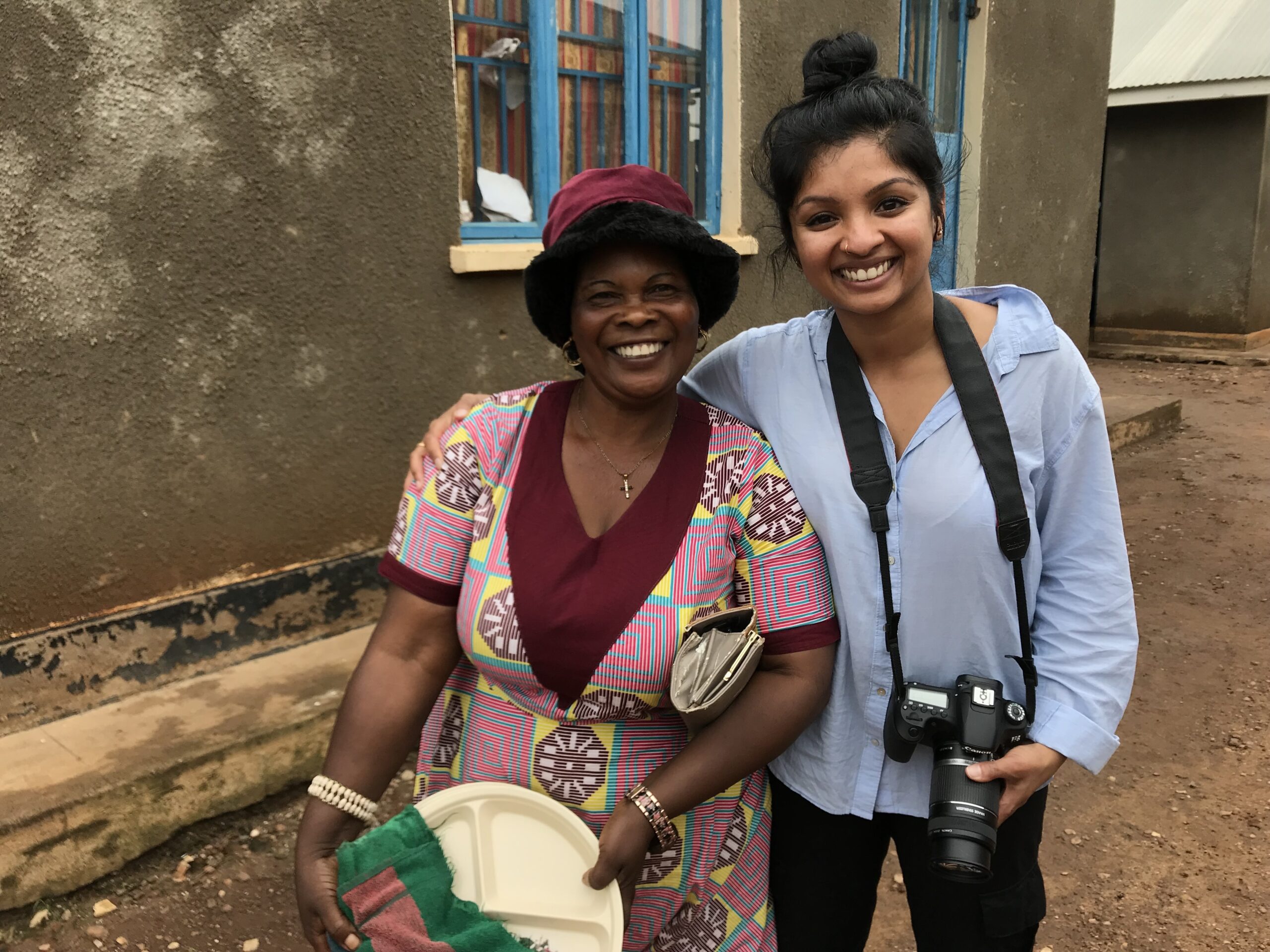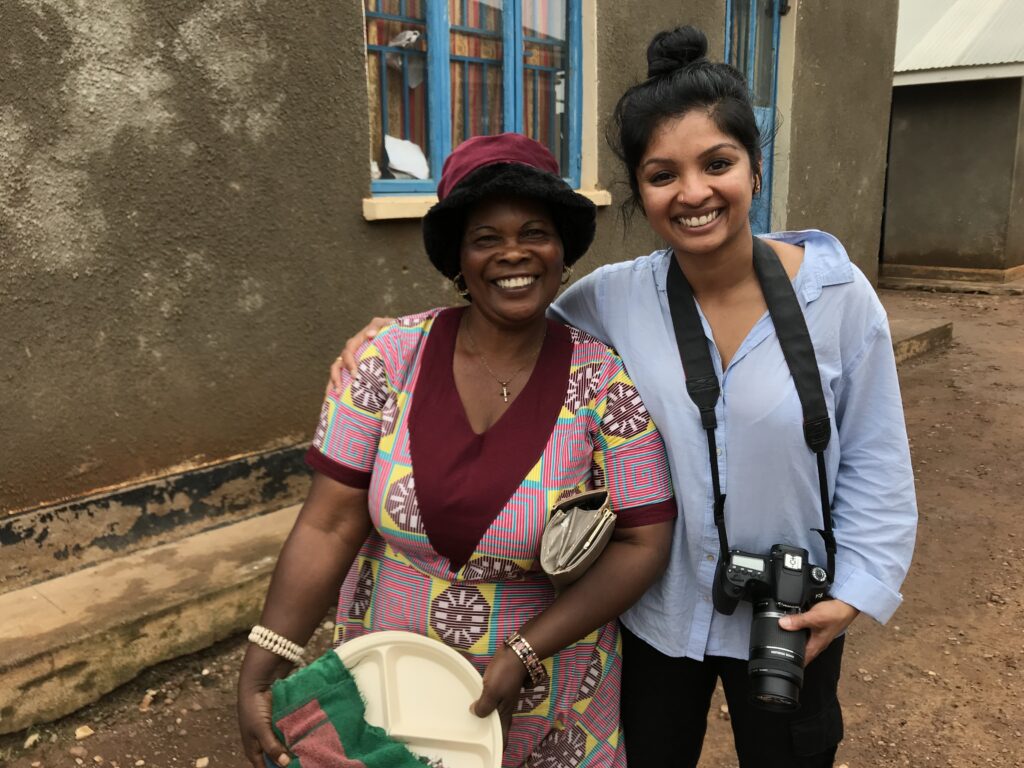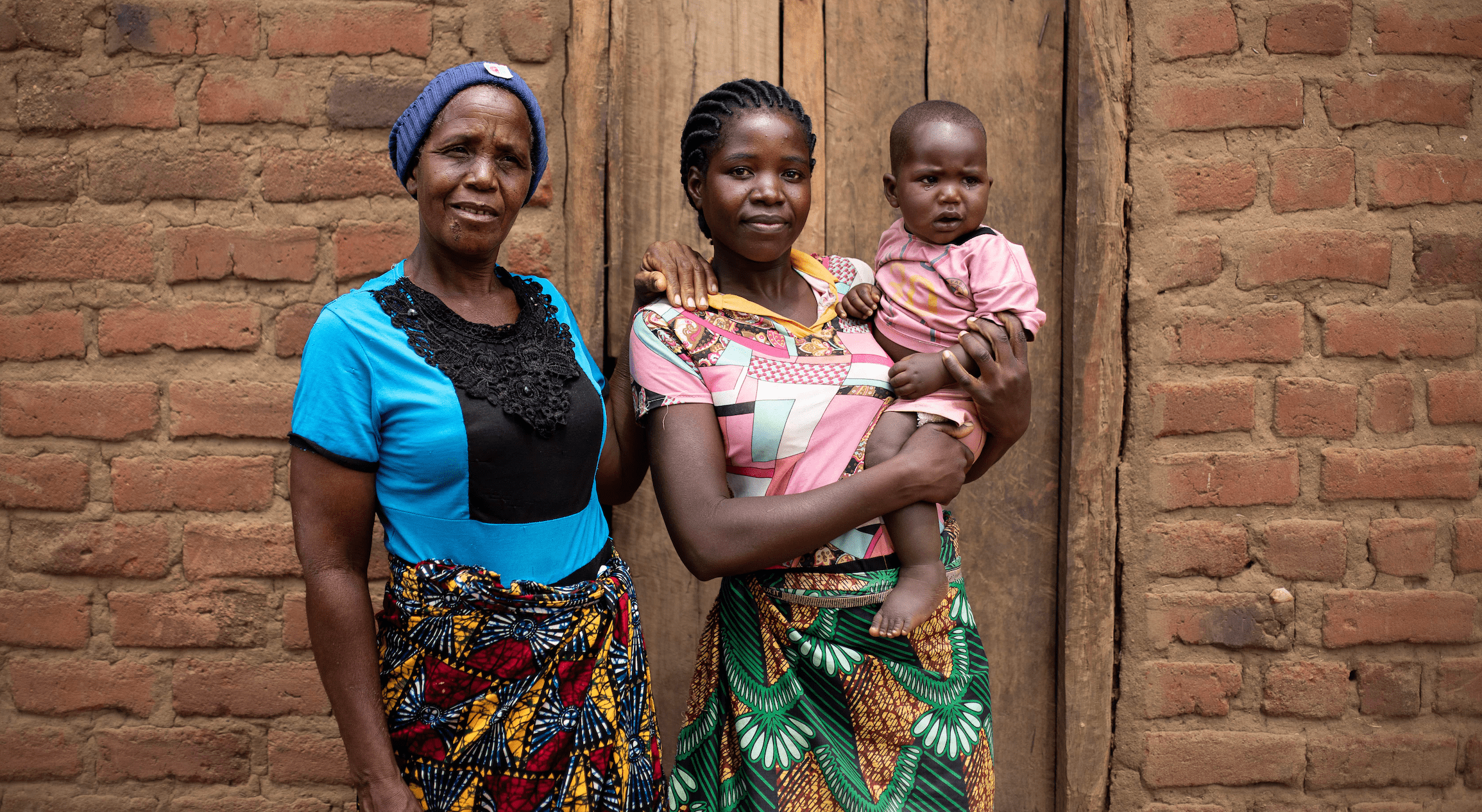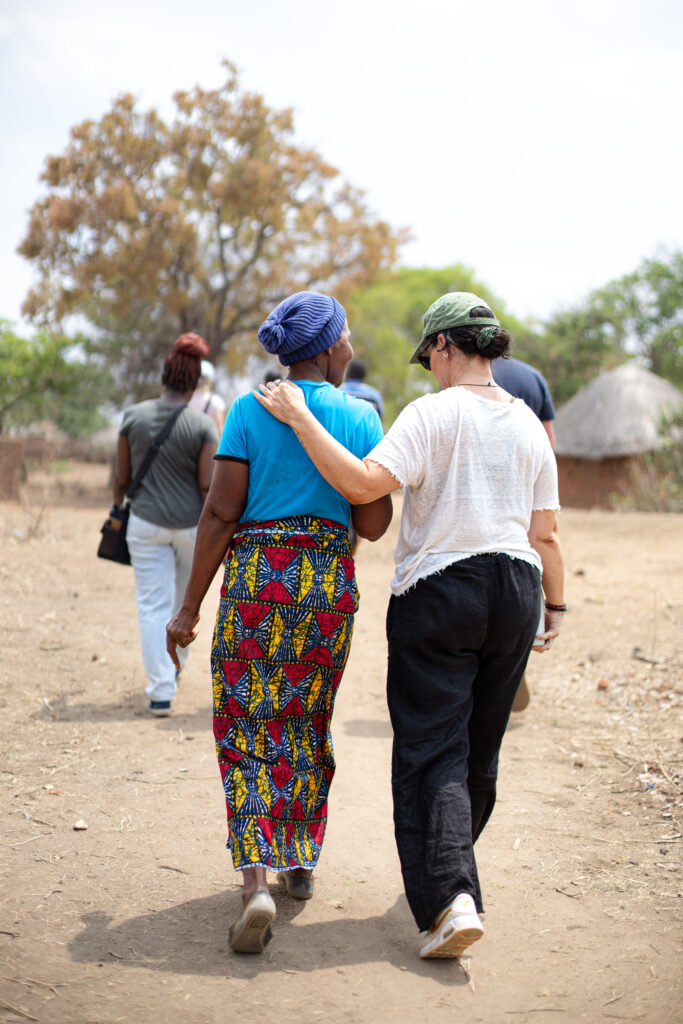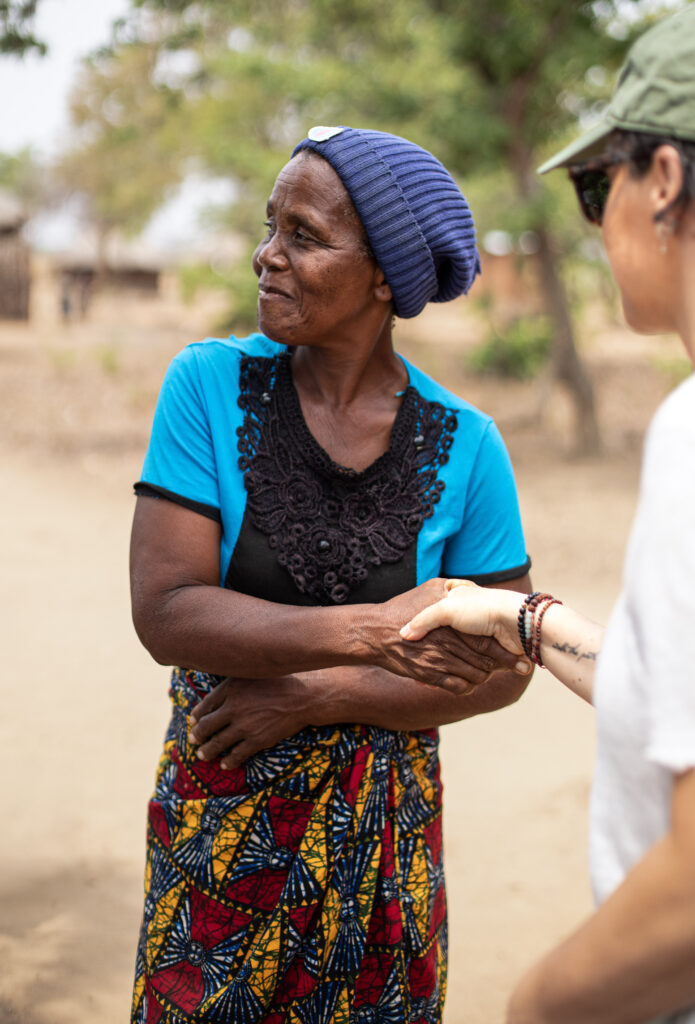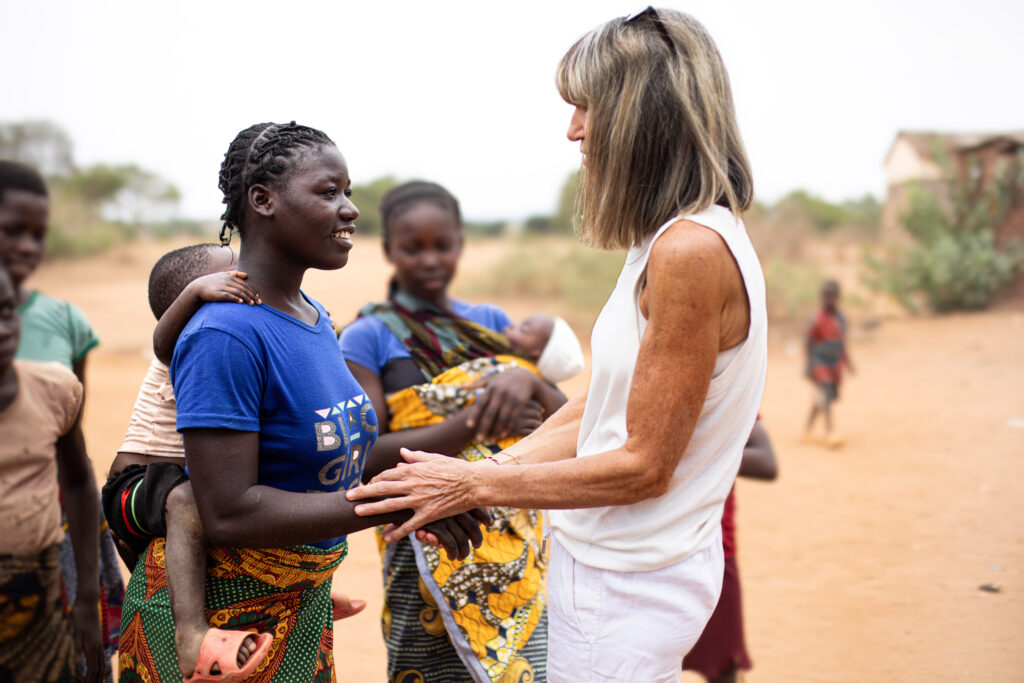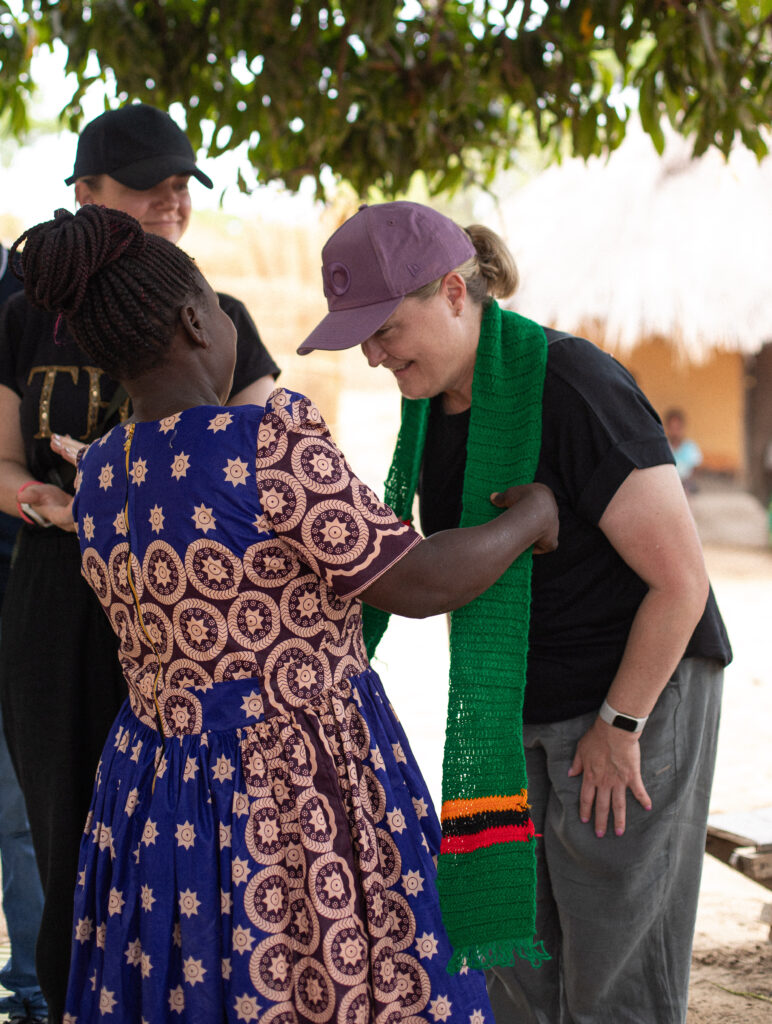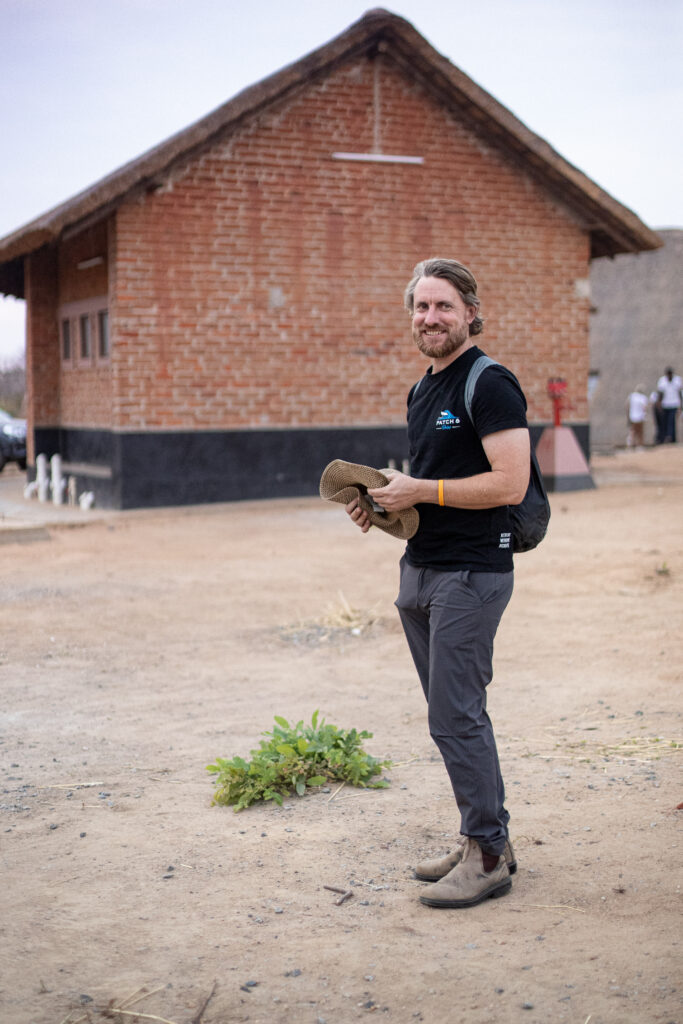At 28, Selfnesh Bargza is a mother of five and a powerful voice for change in her rural Ethiopian village of Layignawe Garaba. Four years ago, she was struggling with hunger and limited access to basic services. Today, she’s leading community health initiatives and advocating for better healthcare while nurturing big dreams for her children’s education. Her transformation from daily survival to active leadership shows how grassroots empowerment can benefit entire communities.
In this conversation, Selfnesh shares how finding her voice through local organisations has changed her family’s trajectory and sparked hope for ending hunger in her village.

Previously, mothers suffered from various types of health related diseases due to lack of awareness on feeding nutritious food for their children and themselves. As a result instead of participating actively on community matters, they remain at home and health centres in dealing with their health care situations.
1. In what ways do you feel your voice is heard in local matters?
There is a platform named after the Community Voice Action task force in our localities and this helped us to learn a lot on how to work on our basic needs including demanding for the fulfillment of many more infrastructures. As women we have had plenty of needs like access for quality primary health care service. Therefore the existence of such local associations are instrumental for me to get my voice heard better.
2. What is your relationship with your community, the local authorities and civil servants?
I feel that I am an active participant in my localities in many more activities. I am one of those individuals promoting the need for ensuring hygiene and sanitation in our kebele. This necessitates working with local authorities and civil servants employed at kebele (wards) and woreda (districts) level.
3. What initiatives have you seen in your community that promote food security, empowerment, and good governance?
There are strong initiatives and commitment seen across our kebele and woreda level in terms of engaging the community to strive hard so as to ensure food security at household level. In line with this we do have the opportunity to get empowered with workshops and training sessions on basic tools to support our efforts and also deal with good governance matters that benefit us a lot from the provision of better service delivery.
4. What role does community organisations play in addressing the community’s needs in your area?
They are the ones who advocate for human rights and also contribute for the improvement of service delivery at grass root level.
5. What inspires you to stay hopeful about overcoming hunger in your community?
The knowledge and skills we have acquired on how to fight hunger using our own solutions through CSOs and Health workers is promising and we are seeing better results. Therefore, I am optimistic if the commitment of those CSOs and Health workers keeps pace, to overcome hunger.
6. What dreams or goals do you have for your family once hunger is no longer a daily concern?
I wish to see my children enjoy quality education service and exert our efforts on other businesses that would likely benefit our community as well.
7. How can local organisations better support individuals and families facing hunger?
Taking the existing contribution they are making, local organisations can possibly support us to be economically independent through facilitating loans and addressing the many challenges we do to engage in extensive farming activity.

